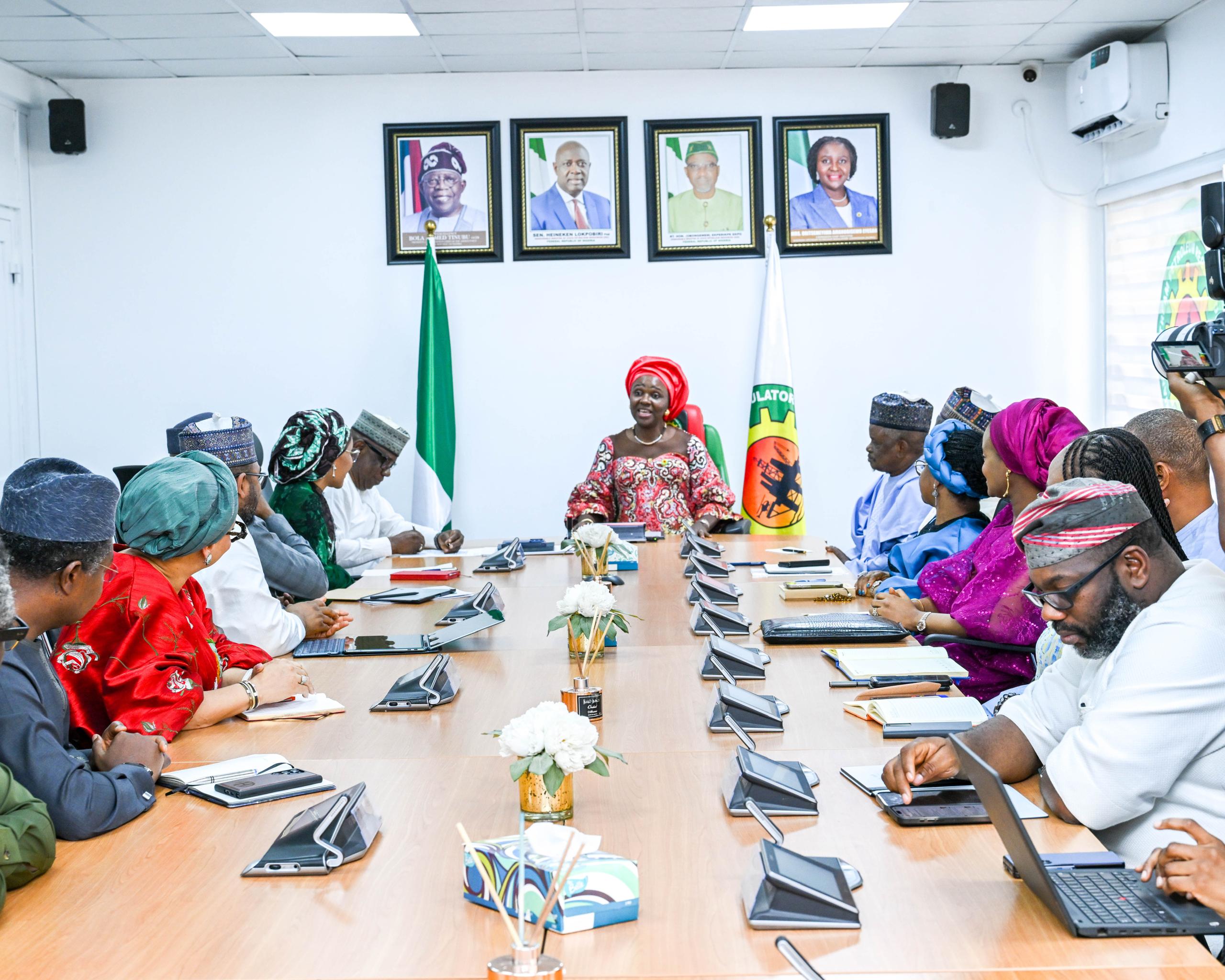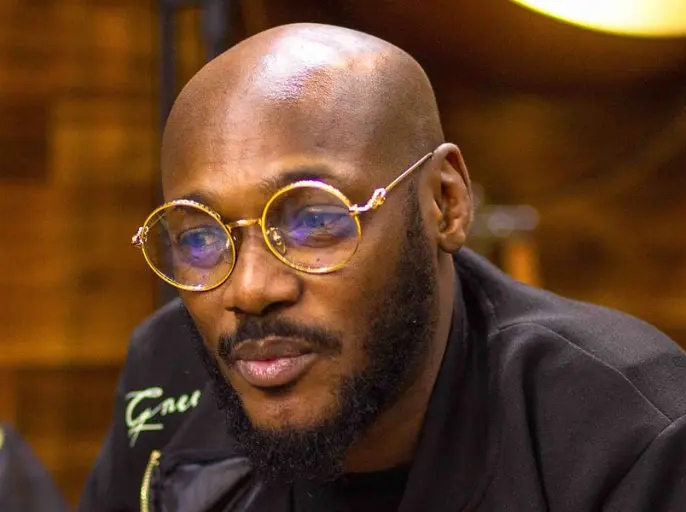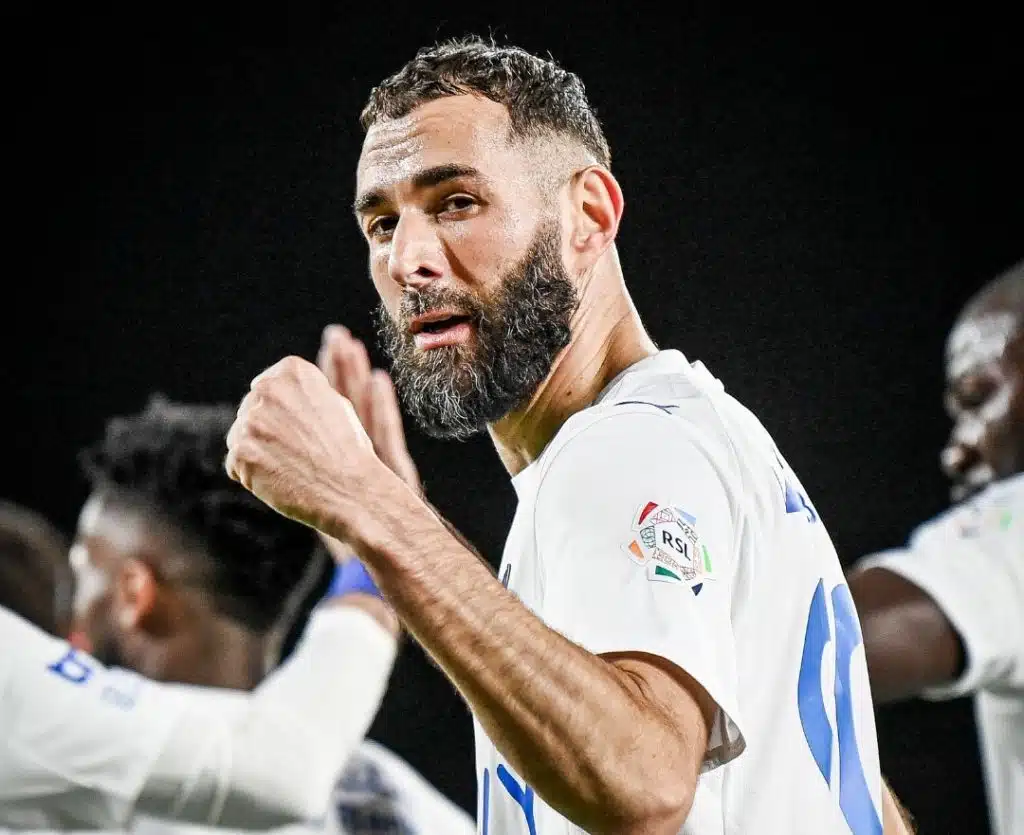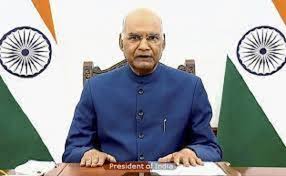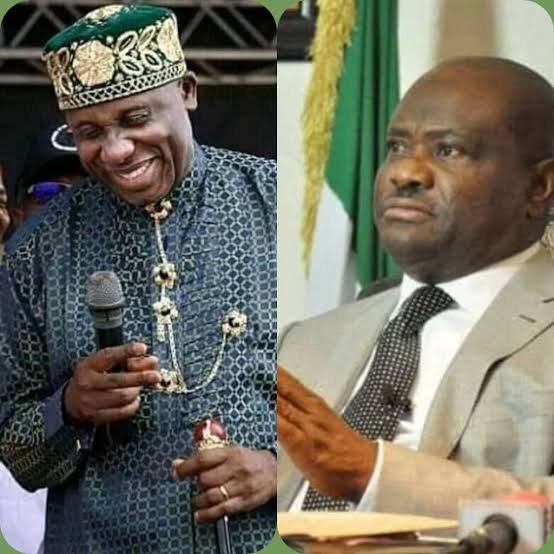Mr Abhay Thakur, Indian High Commissioner to Nigeria, said on Saturday in Abuja that non-violence remained the best way to resolve conflicts ravaging most parts of the world.
He said at the 152nd posthumous birthday of Mahatma Gandhi, one of the founding fathers of India, that non-violence was one of the key philosophies of the revered leader in his lifetime.
Gandhi’s birthday celebrations also coincide with the marking of International Day of Non-violence organised by the Indian High Commission.
Our Correspondent reports that the UN declared Oct. 2 every year, Gandhiji’s birthday, as the day to mark the International Day of Non-violence to remember what he stood for.
Thakur said Gandhiji’s message of peace and non-violence had become more apt today as the world sought an end to all conflicts, wars, terrorism, and poverty.
“The importance and significance of celebrating and remembering this great man, Mahatma Gandhi, can never be overemphasised.
“Every day, every event that takes place in the world can only underscore how important it is for us to remember and follow Mahatma Gandhi and his teachings, even to this day.
“His message is ever more relevant, ever more important because not only did he speak about non-violence; he also spoke a lot about sustainable development.
“Today, as we mark the 152nd birth anniversary of Mahatma Gandhi we also mark the 15th International Day of Non-violence.
“The UN adopted the resolution in 2007 to declare Gandhiji’s birthday as the International Day of Non-violence.
“This is itself a message that the world needs to adopt non-violent means of conflict resolution, of dispute settlement and of reconciling differences.
“Non-violence actually ensures that terrorism, insecurity, instability and poverty are tackled in the spirit of mutual accommodation and tolerance,’’ Thakur said.
Thakur said the Indian High Commission in Nigeria was commemorating the day with yoga performances for children to send the message to children that violence is never a means of resolving any problem.
He said yoga translated to unity and calm which translates to the messages of Ghandi in peaceful resolutions.
“So, I think the message is ever more relevant; we are very happy to celebrate this day today in the High Commission with yoga.
“Yoga translates as a means to unite, to join, and it is a great occasion to combine and reemphasise this longstanding important message of humanity; of universal brotherhood and of working together in a spirit of tolerance and accommodation on one another.
“Violence is the weapon of the weak; non-violence is the weapon of the strong,’’ Thakur added.
Mrs Bhawna Vajpai, a yoga instructor and Convergence Specialist at UNICEF, reiterated the importance of yoga in fostering unity.
She said unlike other exercises, yoga means union; so it is about the union of mind and body.
“We know we do a lot of exercises but sometimes we disconnect; sometime we feel we are doing only cardiac exercise. Yoga is one exercise that takes care of mental health, emotional, physical health.
“So when children do yoga along with other exercises, ultimately it improves their alertness and their sharpness increases. So for children, this is very important,’’ Vajpai said.



